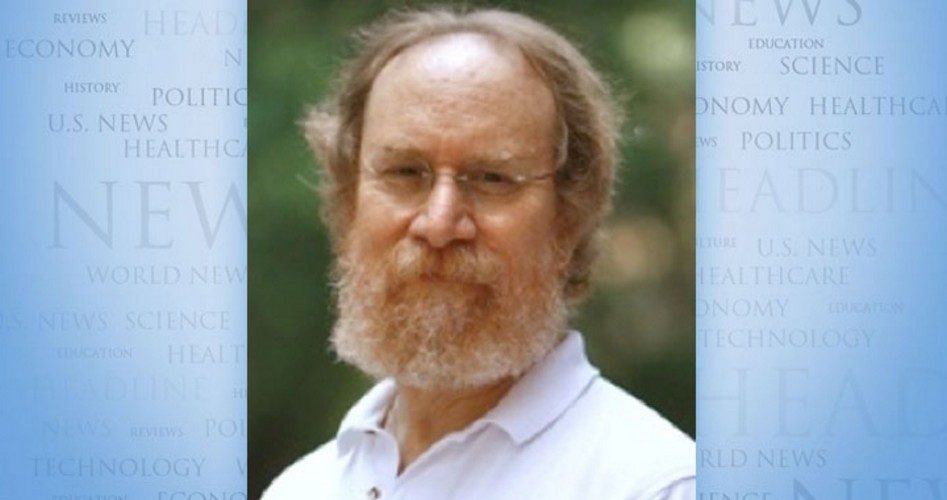
It’s widely believed that JPMorgan Chase’s recent $2 billion–plus loss proves we need the comprehensive banking regulation called for by the 2010 Dodd-Frank law.
That belief is wrong.
In thinking about the loss, remember that the future is always uncertain. It’s easy to look back on a bad decision — especially someone else’s bad decision — and claim the mistake was preventable. The notion that regulators have knowledge superior to that of people acting in the marketplace is ridiculous. Economic activities are based on local and often unarticulated knowledge that regulators could never acquire. It’s a fallacy to think that because imperfect human beings make mistakes, government oversight is necessary. Government also is populated by imperfect human beings, and, on top of the usual fallibility, they also suffer from this particular “knowledge problem,” as identified by Nobel-laureate economist F.A. Hayek.
But that is not all they suffer from. Even if we ignore the knowledge problem, we must confront the incentive problem. What reason do we have for believing that government regulators would do the right thing even if they knew what it was? Political economists have been aware of the principle of “regulatory capture” for many years. This refers to the near inevitability that a regulated industry will have far more influence over a regulatory body than anyone else. Often the industry has a hand in writing the rules, which is what is going on with the writing of the myriad Dodd-Frank rules now underway. Regulators cannot be assumed to be as pure as the driven snow. Many come out of the regulated industry and plan to return when they retire from government “service.” Regulation is fraught with such perils, which those who see government as an all-knowing, all-good deity routinely overlook.
A further error made by those who see a panacea in regulation is the belief that banks can harm us because government has kept its hands off. This couldn’t be less true. Throughout American history governments at all levels have partnered with banks, ostensibly in the public interest but actually in the interest of the bankers.
Commenting about JPMorgan’s loss, President Obama stumbled onto the truth — but didn’t realize it — when he said that, since the taxpayers could be on the hook for large bank mistakes, vigilant regulation is needed. But why are the taxpayers on the hook?
The most important thing to understand about the banking industry is that the government maintains a safety net of guarantees in case a big bank stumbles. And it is that safety net which makes the stumbling more likely. This is known as moral hazard. A bank with a government guarantee will be less careful than a bank without one. The crisis of 2008 is a textbook case study in banking moral hazard.
One government guarantee has mostly been overlooked: federal deposit insurance. It’s the sacred cow of banking programs, which originated in the New Deal, even though Franklin Roosevelt feared it would encourage bank irresponsibility. (Unfortunately, he signed the bill anyway.) The FDIC is usually thought of as a guarantee for bank depositors, but in reality it is a massive privilege for banks. If government assures depositors that they cannot lose a penny in their bank accounts, they no longer need to be wary about their banks’ conduct. Why worry, if the FDIC will make good? But that guarantee eliminates the customer scrutiny that would otherwise keep banks prudent. No promises by regulators can match depositor vigilance in reining in banker recklessness. (In a competitive market, nothing would prevent the offering of private insurance or other devices to prevent bank runs.)
Roosevelt was right:
The general underlying thought behind the use of the word “guarantee” with respect to bank deposits is that you guarantee bad banks as well as good banks. The minute the Government starts to do that the Government runs into a probable loss…. We do not wish to make the United States Government liable for the mistakes and errors of individual banks, and put a premium on unsound banking in the future.
The only way to minimize systemic damage from banking without stifling productive innovation is to end all guarantees and all barriers to competition.
Sheldon Richman is senior fellow at The Future of Freedom Foundation and editor of The Freeman magazine.


